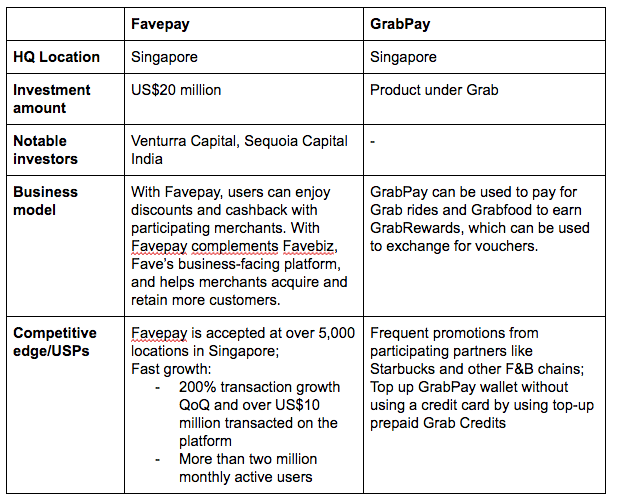Go-Jek rides into Singapore on-demand market.
With Go-Jek’s tremendous success in Indonesia and position as the country’s first unicorn, it is expecting to achieve profitability in the next few years. It has set its sights on challenging key markets in South-East Asia to establish itself as the leading super-app.
Go-Jek currently offers close to 20 on-demand services in Indonesia, including transportation, digital payments, e-commerce logistics, food and grocery delivery, massages, and other beauty services.
Earlier this year, the Indonesian titan revealed plans to invest US$500 million (S$683 million) to expand into Vietnam, Singapore, Thailand, and the Philippines. They expressed intentions to start with ride-hailing, before replicating its successful multi-service business in these neighbouring markets.
It is easy for Go-Jek to gain traction in Singapore due to its accustomisation with digital payments and on-demand services. However, the industry is heavily saturated, with well-funded incumbents fighting for market domination in various verticals.
Should Go-Jek establish its super-app for the Singapore market, it will not be only fighting for market share with Grab, but various tech companies in the food and grocery delivery, transportation, logistics, and payments.
In this article, I will give a simple overview of the aforementioned verticals, the business model of the incumbents, and their respective market traction in Singapore.
Background information and summary: Go-Jek
Local traction:
- According to credible reports, 20,000 Singaporean drivers have already expressed interest and signed up with Go-Jek.
- Go-Jek had recently launched beta access. Exact app download figures are currently unknown.
- We also don’t know what other on-demand services will be launched in Singapore, as well as their launch dates.
- Go-Jek had set up the data science office in Singapore in January 2017. According to their careers page, they are actively looking to hire more software engineers.
Investment information:
- To date, Go-Jek has raised about US$3.3 billion (S$4.5 billion) from a list of reputable corporate investors and venture capitalists, including Google, Temasek Holdings, Tencent Holdings, and Meituan-Dianping.
- Go-Jek is investing US$500 million (S$682 million) into their expansion plans in South-East Asia.












